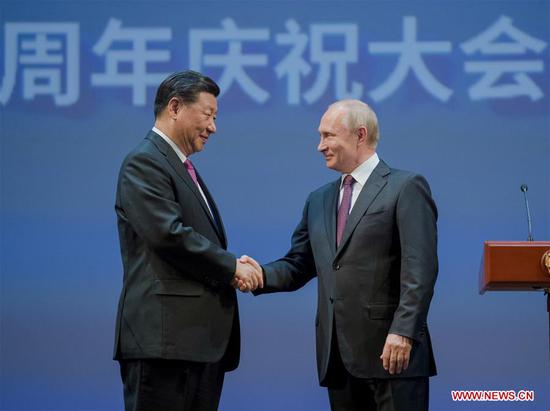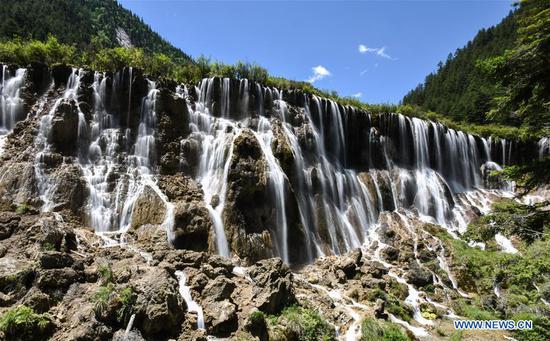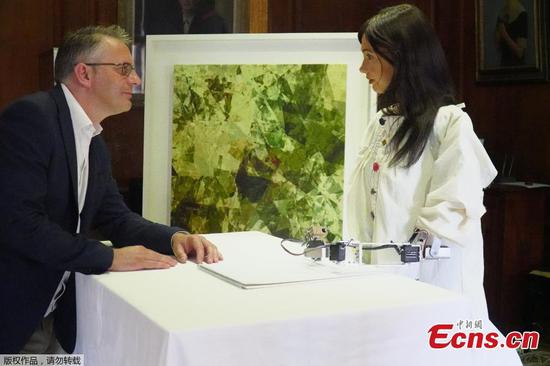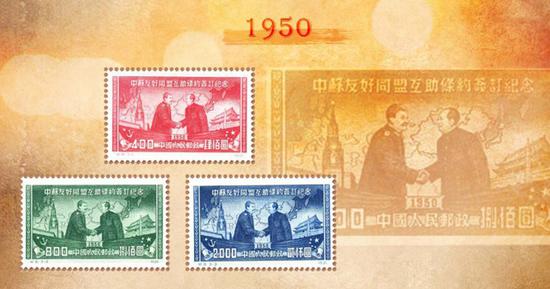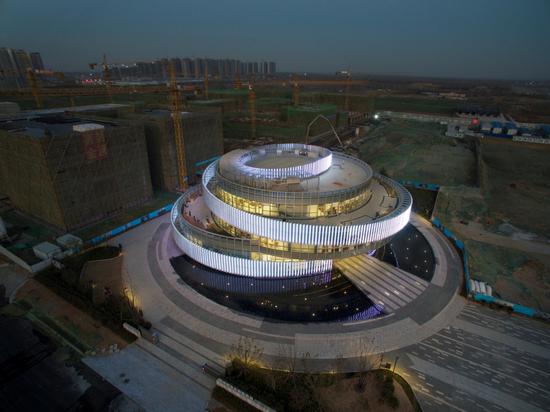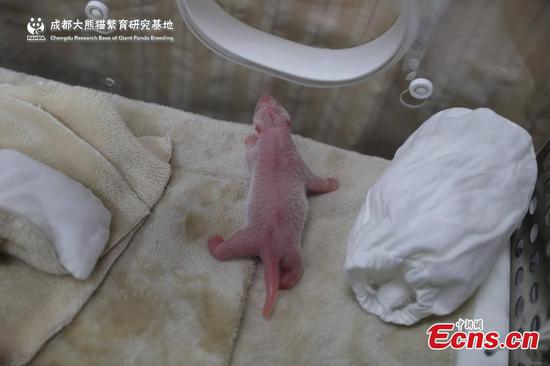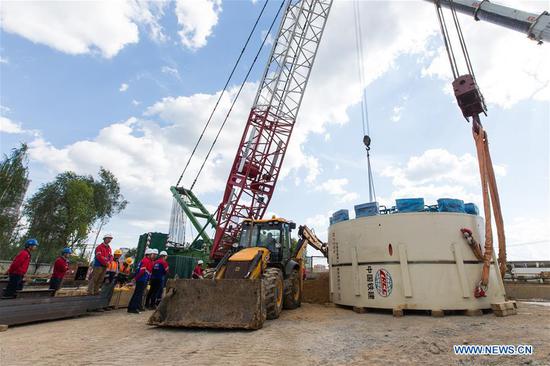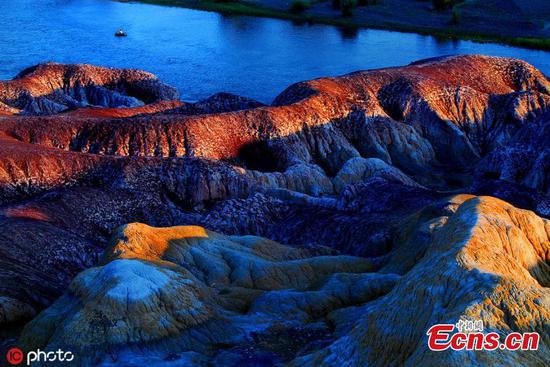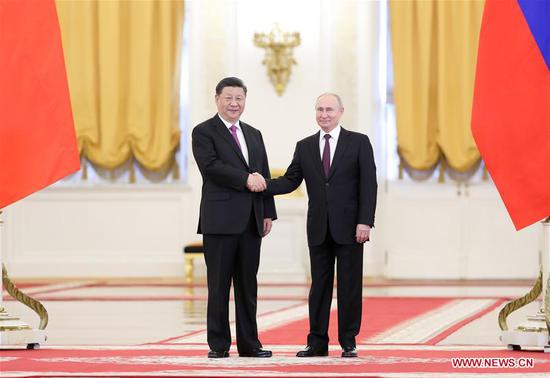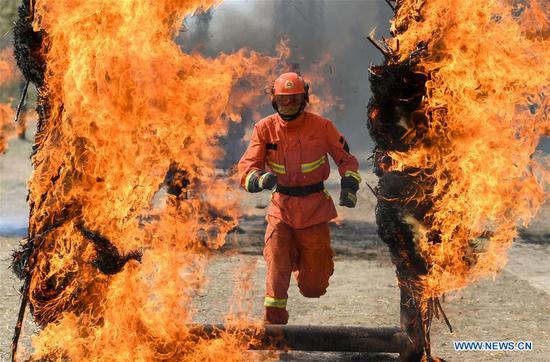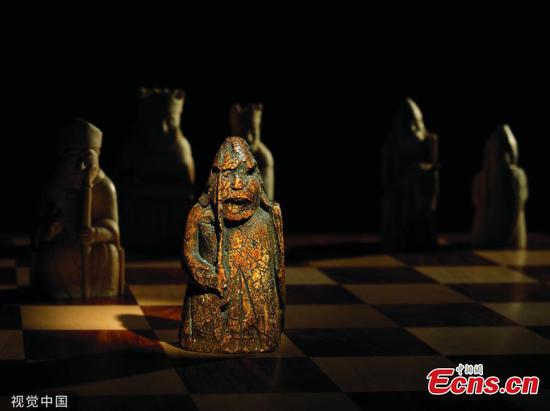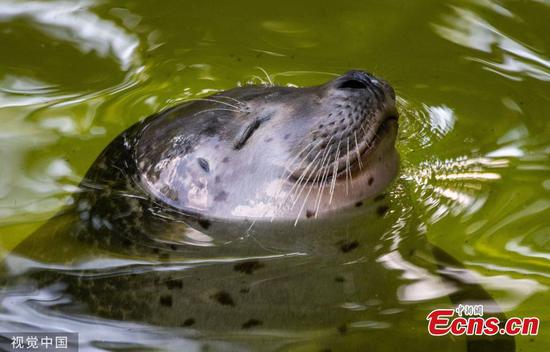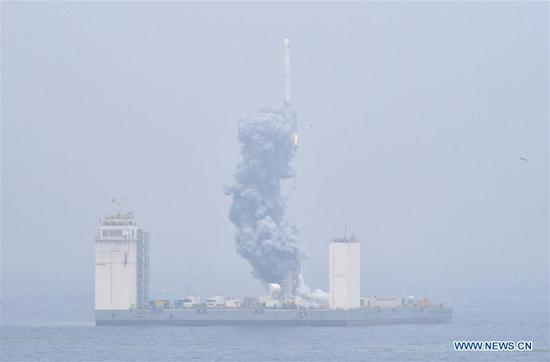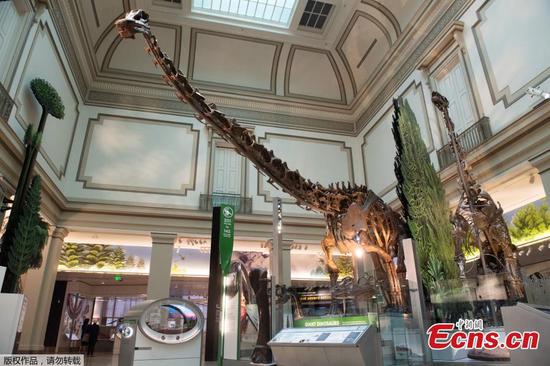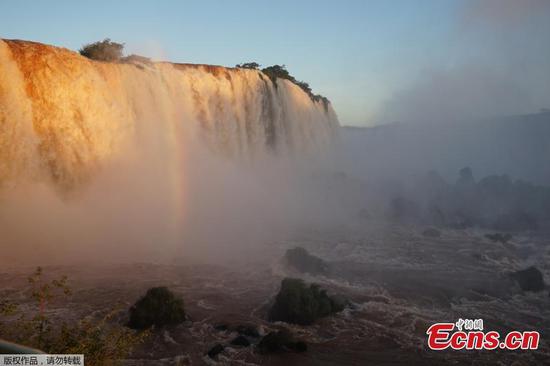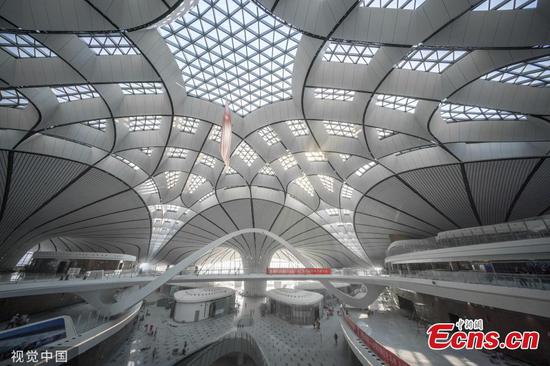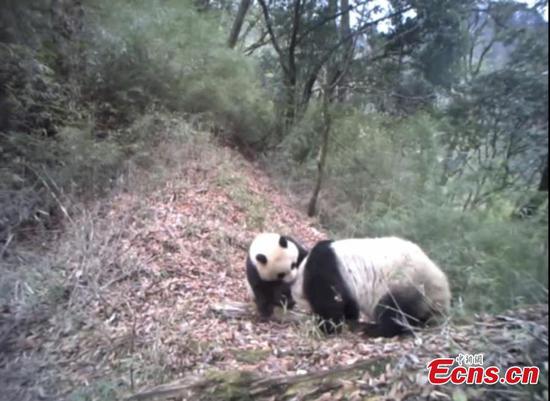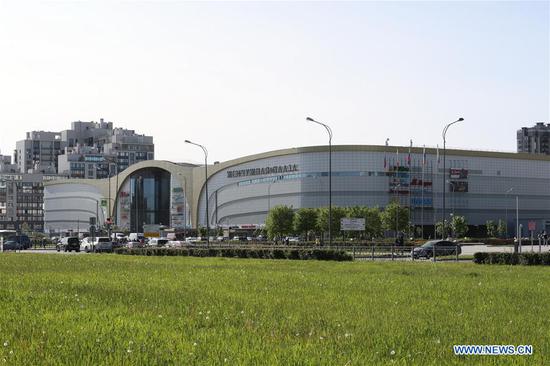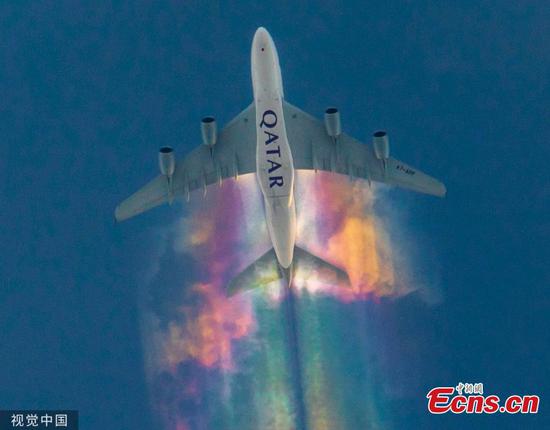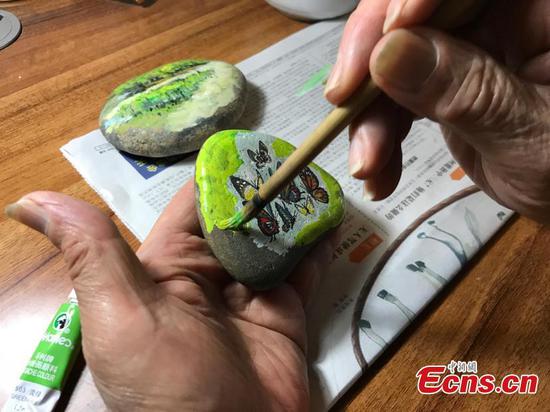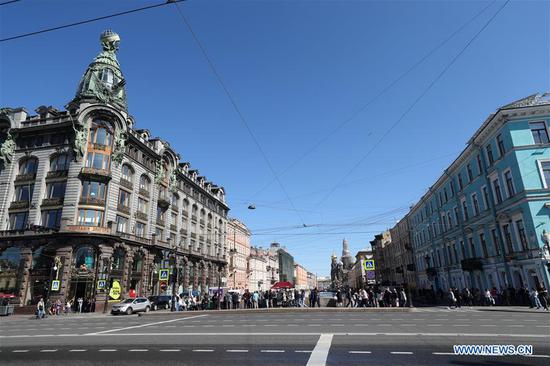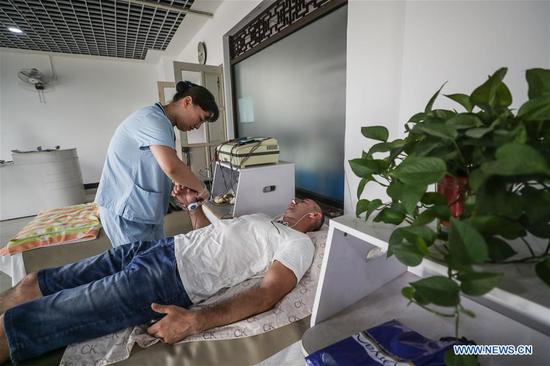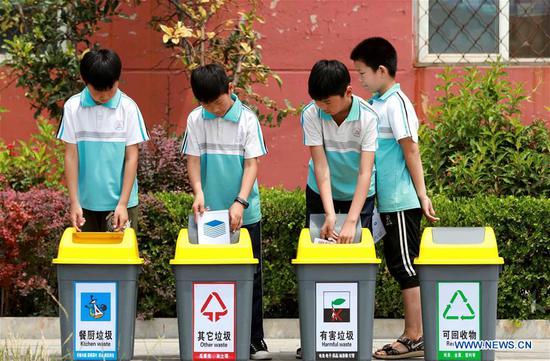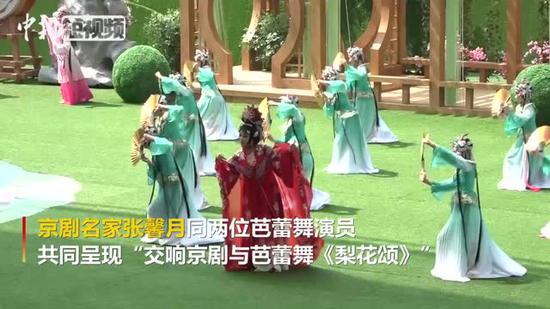The United States said it will do whatever is necessary to assure an adequate supply of rare-earth minerals as China, the world's largest producer of the metals used in high-tech consumer and military applications, said it is reviewing proposals to establish export controls for rare earths.
"These critical minerals are often overlooked, but modern life without them would be impossible," Commerce Secretary Wilbur Ross said Tuesday in a statement. "Through the recommendations detailed in a report requested by President Donald Trump, the Federal government will take unprecedented action to ensure that the United States will not be cut off from these vital materials."
China's National Development and Reform Commission said in a statement on Tuesday that it is reviewing proposals by industry experts to establish export controls for rare earths and hopes to have a plan in place quickly.
Rare earths are used in high-tech applications, including semiconductors, flat-screen TVs, medical scanners, rechargeable batteries, light-emitting diodes, energy-efficient fluorescent lamps, steel alloys and high-strength magnets used in wind turbines. The metals also are used in jet engines, missile guidance systems, satellites and communications equipment.
Rare earths are a group of 17 elements found throughout the world. However, the minerals are unusual because they are difficult to extract in high concentrations. Producers therefore must dig tons of dirt to extract small amounts of the elements. The key to producing rare earth profitably is chemistry — not operating the open pit mines.
From the 1960s to the 1980s, the US led the world in production of rare earths with a single mine in California. But China, home to 37 percent of the world's reserves, expanded production and increased market share.
The United States imported $160 million of rare earth compounds and metals in 2018, up nearly 17 percent from 2017, according to a report published on Monday by Reuters. California's Mountain Pass mine is the only operating US rare earths facility. But the company ships the roughly 50,000 tonnes of rare earth concentrate it extracts each year from California to China for processing. China has imposed a tariff of 25 percent on those imports during the trade dispute.
It would take years to build enough processing plants to match China's processing capacity of 220,000 tonnes, which is five times the combined capacity of the rest of the world.
"If China were to decide to restrict rare earth exports to the US, the effect would be significant," investment bank Goldman Sachs said in a research note last week. "Such a move on the Chinese side would clearly signal that trade talks with the US are not progressing well and that trade tensions are escalating."
But Eugene Gholz, an associate professor of political science at the University of Notre Dame, who studies the links between national security and economic policy, said an attempt by China to restrict exports of rare earths in the current trade dispute would be ineffective.
"Chinese export restrictions would be an annoyance, but not a catastrophe," Gholz told China Daily. "The market is resilient, and there are many ways that it would adapt.''
It's certainly possible for the US to start refining its own rare earths, but this would take time and the sources of ore could be limited if China were ruled out, according to a BBC report.
Reuters contributed to this story.











